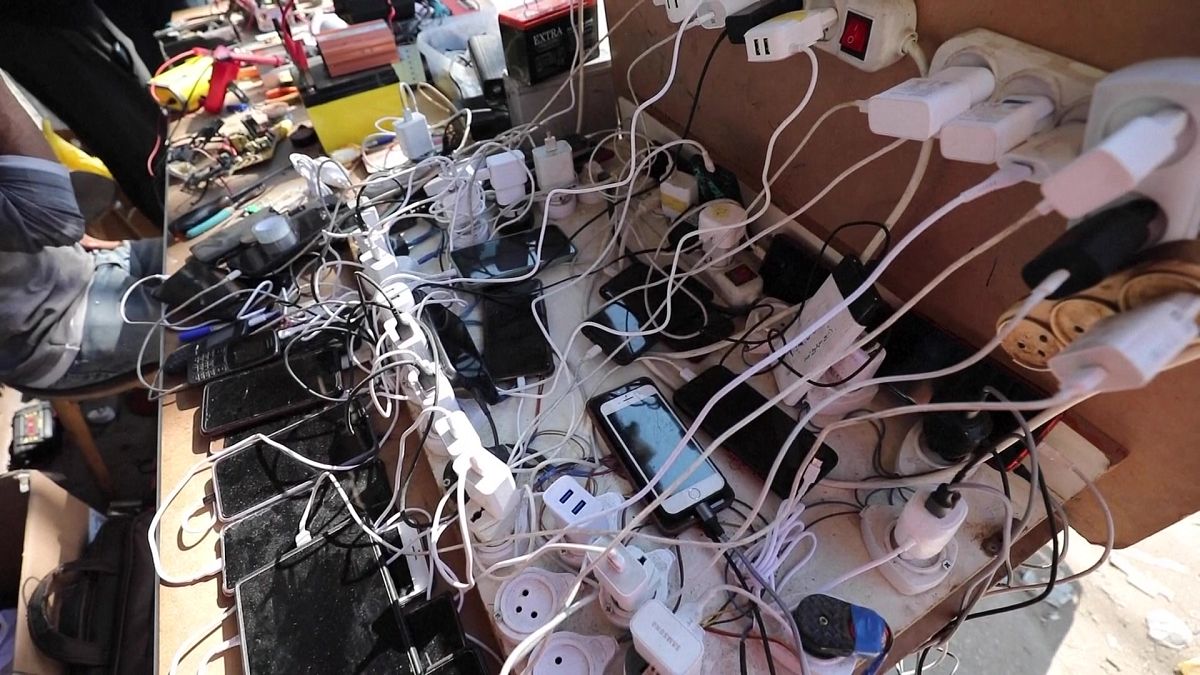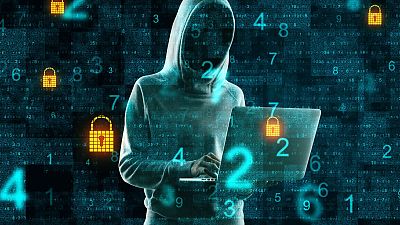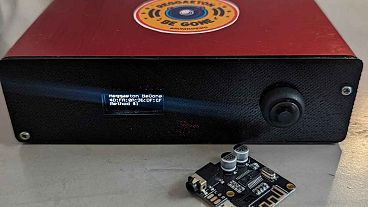While these solar charging stalls are a silver lining for many, weather and high demand often cause a long wait.
Amid the ongoing war in Gaza, Palestinians are trying to find ways to charge their phones to stay in touch with their family and friends.
Israel used to supply most of Gaza’s electricity before the outbreak of war in October, but has since cut off the supply resulting in widespread power outages, experts say.
Nowadays, people who have solar panels offer to charge cellphones and power banks for a small price.
"This project is a replacement for household electricity. We want to provide them with the power to charge their phones. And when it comes to being able to charge your phones, you can see there is no electricity and the situation is very bad," said Wissam Ghbayn, owner of the solar panels charging project.
Palestinians who fled other parts of Gaza have struggled to check in on family and friends who stayed behind.
"Electricity is completely out so life is basically at a standstill. You’re talking about communications and water being cut off, just everything, all life. You now have to charge your phone to talk to people, you have to find someone who has solar energy like this guy here so you can be connected," said Yamen Hamad, a resident in Deir al-Balah.
Wissam and his relative Ali Ghbayn, who also works at the stand, are both displaced from northern Gaza and fled to Deir al-Balah.
"Since the first day of the war, we’re now on the 125th day, we haven’t seen electricity at all. Before, it used to come for about eight hours a day, and we would be able to sort things out. But today the electricity situation is very bad," said Ali Ghbayn.
While these solar charging stalls are a silver lining for many, weather and high demand often cause a long wait.
"We work based on the weather. If it’s sunny then we can charge, but when it’s rainy and cloudy we stop, " said Wissam Ghbayn.
“What’s worse is that we find it hard to charge everyone’s phones because there are too many people and there is no space. They sometimes have to wait for other phones to charge. What we are dealing with is abnormal,” added Ali Ghbayn.
People in Gaza have reportedly been turning to solar energy in recent years to deal with frequent blackouts.
Blockaded by Israel since 2007, the Gaza Strip only has had limited electricity for 12 hours per day on average - less when the conflict escalates.
According to a study published in the journal Energy, Sustainability and Society in 2022, about 20 per cent of households among study participants in Gaza were relying on solar energy.
The US-based Centre for Strategic and International Studies (CSIS) said in a report that the Gaza Strip had an estimated 12,400 rooftop solar systems, with one area of 655 panels in a square mile likely representing the highest density of rooftop solar panels in the world.
The war in Gaza has had devastating consequences with a death toll of more than 28,000 Palestinians, mostly women and children, according to local health officials. The war began on October 7 with Hamas and other militants’ assault on Israel, during which they killed nearly 1,200 people and took some 250 hostages.
For more on this story, watch the video in the media player above.



